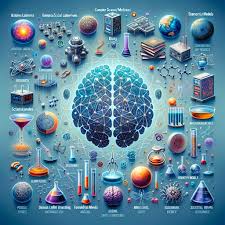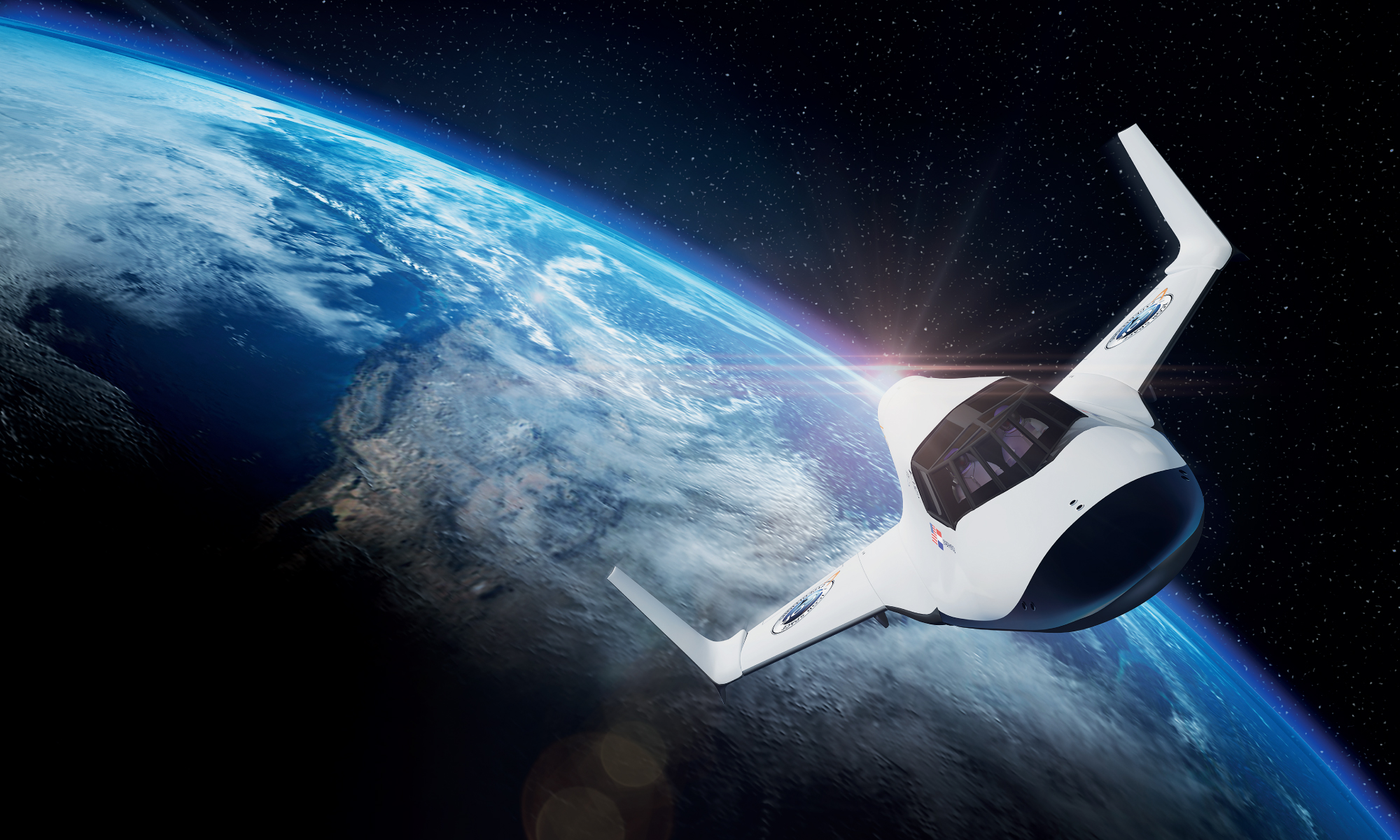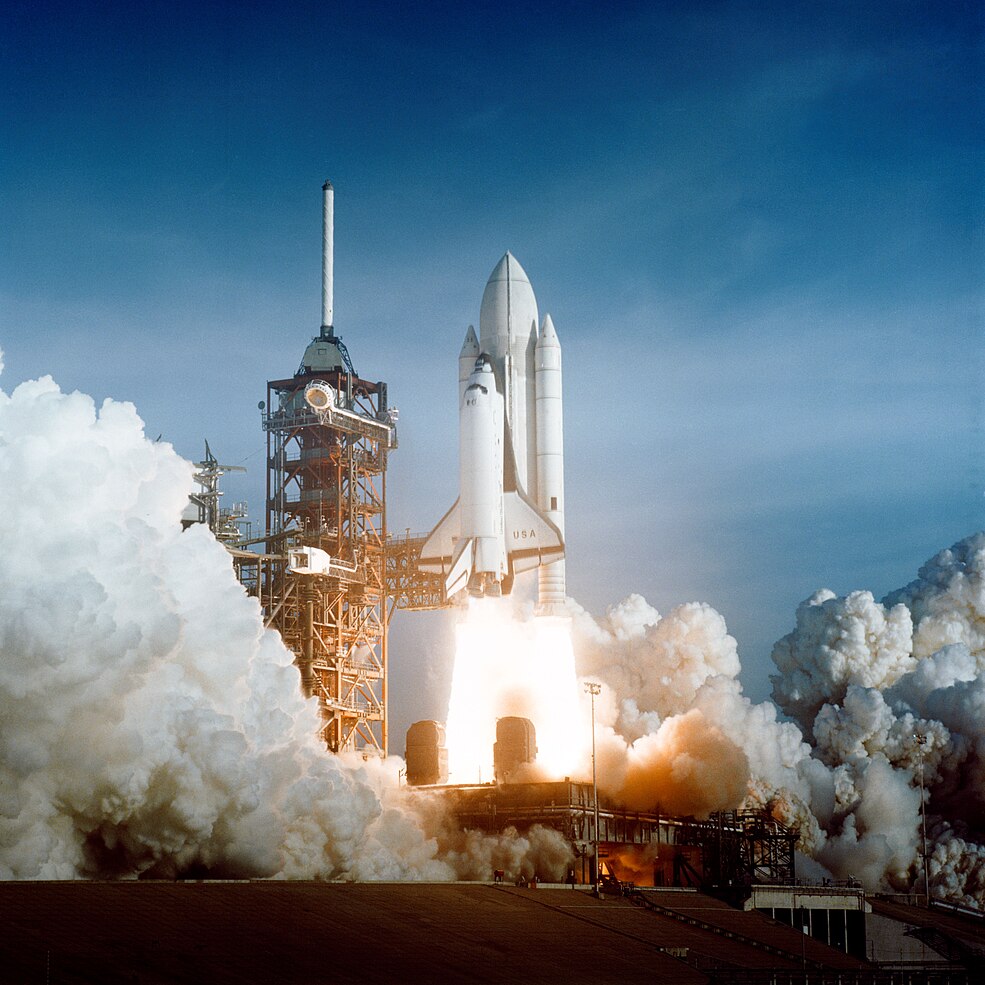Se-tenant: Research on Orbital Complex "Soyuz T-4" - "Salyut-6" (Soviet Union, USSR 1981)
Research on Orbital Complex "Soyuz T-4" - "Salyut-6" (Soviet Union, USSR 1981)
15 October (Soviet Union, USSR ) within release “Soyuz T-4”–“Salyut 6” Space Complex goes into circulation Se-tenant Research on Orbital Complex "Soyuz T-4" - "Salyut-6" face value 2*10 Russian kopek
Se-tenant is vertical format.
Perforation error: Shift of horizontal perforation.Also in the issue “Soyuz T-4”–“Salyut 6” Space Complex:
- Stamp - Microscope slide, crystal and text face value 10;
- Stamp - Kovalenok e Savinykh face value 10;
- Stamp - Cosmonauts V.V. Kovalenok and V.P. Savinykh face value 10;
- Se-tenant - Research on Orbital Complex "Soyuz T-4" - "Salyut-6" face value 2*10;
Se-tenant Research on Orbital Complex "Soyuz T-4" - "Salyut-6" it reflects the thematic directions:
An astronaut (from the Ancient Greek ἄστρον (astron), meaning 'star', and ναύτης (nautes), meaning 'sailor') is a person trained, equipped, and deployed by a human spaceflight program to serve as a commander or crew member aboard a spacecraft. Although generally reserved for professional space travelers, the term is sometimes applied to anyone who travels into space, including scientists, politicians, journalists, and tourists
Outer space (or simply space) is the expanse that exists beyond Earth's atmosphere and between celestial bodies. It contains ultra-low levels of particle densities, constituting a near-perfect vacuum of predominantly hydrogen and helium plasma, permeated by electromagnetic radiation, cosmic rays, neutrinos, magnetic fields and dust. The baseline temperature of outer space, as set by the background radiation from the Big Bang, is 2.7 kelvins (−270 °C; −455 °F)
Science is a systematic discipline that builds and organises knowledge in the form of testable hypotheses and predictions about the universe.Modern science is typically divided into two or three major branches: the natural sciences (e.g., physics, chemistry, and biology), which study the physical world; and the behavioural sciences (e.g., economics, psychology, and sociology), which study individuals and societies.The formal sciences (e.g., logic, mathematics, and theoretical computer science), which study formal systems governed by axioms and rules, are sometimes described as being sciences as well; however, they are often regarded as a separate field because they rely on deductive reasoning instead of the scientific method or empirical evidence as their main methodology. Applied sciences are disciplines that use scientific knowledge for practical purposes, such as engineering and medicine
A spacecraft is a vehicle that is designed to fly and operate in outer space. Spacecraft are used for a variety of purposes, including communications, Earth observation, meteorology, navigation, space colonization, planetary exploration, and transportation of humans and cargo. All spacecraft except single-stage-to-orbit vehicles cannot get into space on their own, and require a launch vehicle (carrier rocket).




